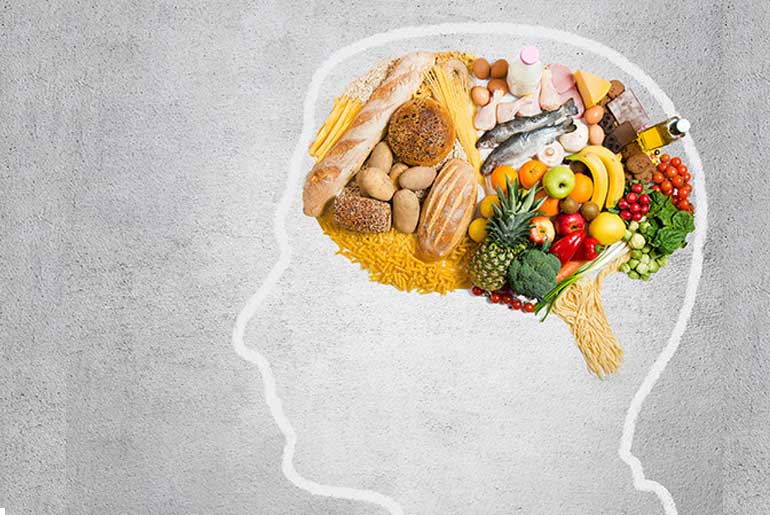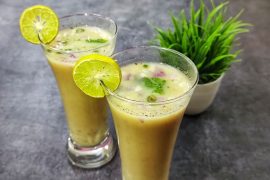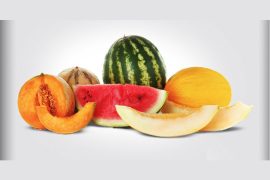Addressing mental fatigue involves not only managing stress and work hours but also ensuring the body receives essential nutrients crucial for optimal brain function. Various foods can support cognitive health and combat nutritional deficiencies that may contribute to mental fatigue. Incorporating fatty fish rich in omega-3 fatty acids, antioxidants from blueberries, vitamin K-packed broccoli, mineral-rich pumpkin seeds, and magnesium-laden nuts into one’s diet can be beneficial. Dark chocolate, eggs, oranges, whole grains, and avocados are additional options that provide a range of nutrients, including flavonoids, choline, vitamin C, and monounsaturated fats, promoting overall brain health. Adopting a balanced diet with these nutrient-dense foods, along with proper hydration and adequate sleep, contributes to resilience against mental fatigue. Consulting with healthcare professionals or dietitians can offer personalized guidance based on individual needs.
Vitamin B1:
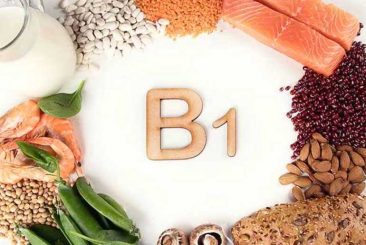
Vitamin B1, also known as thiamine, plays a crucial role in energy metabolism, and its deficiency can lead to symptoms such as fatigue, nerve damage, and even heart issues. To address this deficiency, incorporating certain foods into your diet can be beneficial. Foods rich in vitamin B1 include ragi, peas, sunflower seeds, cashews, milk, and pistachios. Including these sources in your meals can help ensure an adequate intake of vitamin B1, supporting overall health and preventing the associated symptoms. However, it’s essential to maintain a balanced diet and, if needed, consult with a healthcare professional for personalized advice on nutrition and supplementation.
Ragi:
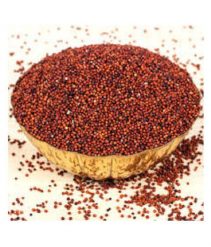
Ragi, also known as finger millet, is a nutritious whole grain that can be easily integrated into your diet. It is commonly available in the form of flour, making it a versatile ingredient that can replace refined flour (maida) or wheat flour in various recipes. Ragi flour can be used to make chapatis, rotis, dosas, or other savory dishes, offering a gluten-free alternative with a distinctive nutty flavor. This grain is not only a good source of essential nutrients like calcium, iron, and fiber but also has a low glycemic index, making it suitable for individuals aiming to manage blood sugar levels. Embracing ragi in your diet contributes to its health benefits and adds diversity to your meals.
Peas, nuts, and seeds:
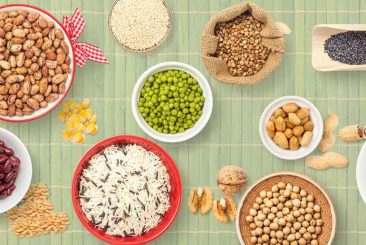
Absolutely, incorporating peas, nuts, and seeds into your snacking routine is a delicious and nutritious way to address vitamin B1 deficiency. Peas are not only a good source of thiamine (vitamin B1) but also provide additional nutrients like fiber and protein. Nuts and seeds, such as sunflower seeds, cashews, and pistachios, offer a variety of vitamins and minerals, including thiamine, healthy fats, and antioxidants.
Creating a snack mix with a combination of these foods or enjoying them separately can be a convenient and satisfying way to boost your vitamin B1 intake. It’s essential to diversify your diet to ensure you receive a broad spectrum of nutrients for overall health. Additionally, adopting wholesome snacking habits contributes to sustained energy levels and supports your nutritional needs throughout the day.
Vitamin B2:
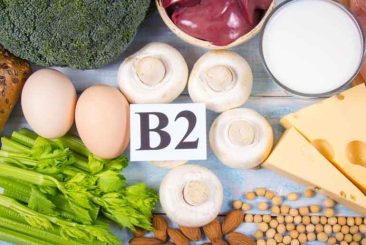
Vitamin B2, also known as riboflavin, is a water-soluble vitamin essential for various bodily functions. Its deficiency can lead to symptoms such as fatigue, swollen throat, blurred vision, depression, cracked skin, itching, and dermatitis around the mouth. To address this deficiency, incorporating foods rich in vitamin B2 into your diet is crucial. Barley, rajma (kidney beans), groundnuts (peanuts), A2 cow milk, and walnuts are excellent sources of riboflavin. Including these foods in your regular meals can help ensure an adequate intake of vitamin B2, supporting overall health and preventing the associated symptoms. As always, maintaining a balanced diet and seeking guidance from healthcare professionals can contribute to optimal nutritional well-being.
Walnuts:
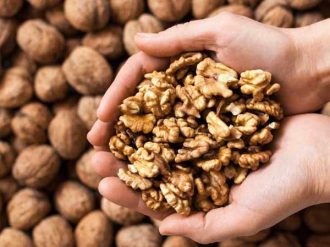
Walnuts are a versatile and nutritious addition to your diet, and there are various ways to incorporate them into your meals. You can enjoy walnuts by having them roasted for a crunchy texture or soaked overnight for a softer consistency. Consider adding walnuts to your breakfast by sprinkling them on porridge or blending them into a smoothie for an extra boost of flavor and nutritional content. Additionally, tossing walnuts into salads provides a delightful crunch and enhances the overall nutritional profile of your meal. Whether eaten on their own as a snack or integrated into various dishes, walnuts offer a rich source of healthy fats, antioxidants, and essential nutrients, including vitamin B2 (riboflavin).
Barley:
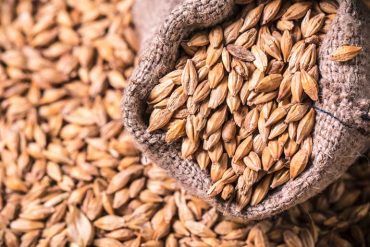
Barley is a nutritious whole grain that is rich in vitamin B2 (riboflavin) and can be incorporated into your diet in various ways. One option is to add barley to khichdi, a traditional Indian dish made with rice and lentils. Barley’s nutty flavor and chewy texture can enhance the taste and nutritional content of the dish.
Barley can also be used as flour, providing a wholesome alternative to refined flours in baking or cooking. Additionally, you can prepare a nutritious drink by using barley. Barley water is a popular beverage that can be consumed on its own or flavored with lemon and honey for added taste.
Including barley in your diet not only contributes to your riboflavin intake but also provides other essential nutrients, including fiber, vitamins, and minerals. Its versatility makes it a valuable addition to various recipes, promoting both flavor and health benefits.
Vitamin B3:
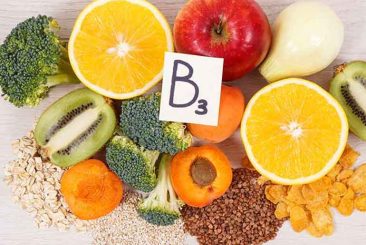
Vitamin B3, also known as niacin, plays a crucial role in various important brain functions, contributing to cellular metabolism and helping reduce mental fatigue. Including foods rich in vitamin B3 in your diet is essential for overall mental health. Options such as rice, bajra (pearl millet), barley, chickpeas, moong green dal, bananas, almonds, and dates are excellent sources of niacin. These foods not only provide vitamin B3 but also offer a range of other nutrients, including fiber, vitamins, and minerals, supporting both physical and mental well-being. Ensuring a balanced diet that incorporates these niacin-rich foods is a valuable step in maintaining and boosting mental health.
Disclaimer:
The information contained in this article is for educational and informational purposes only and is not intended as a health advice. We would ask you to consult a qualified professional or medical expert to gain additional knowledge before you choose to consume any product or perform any exercise.

